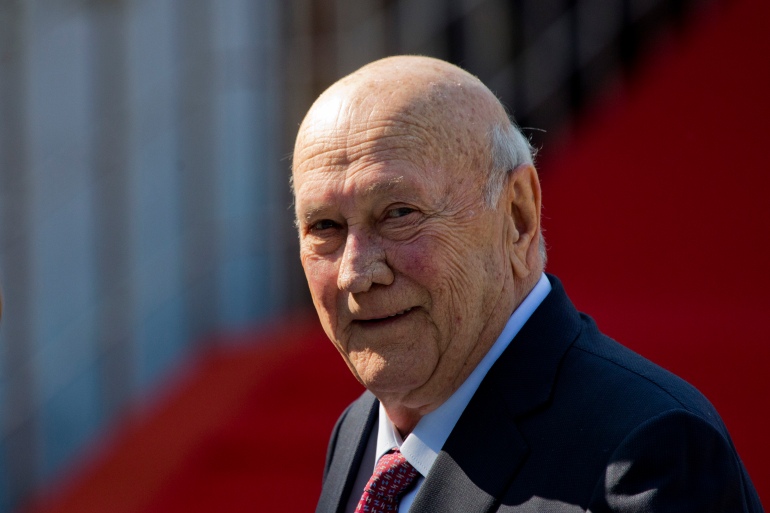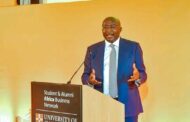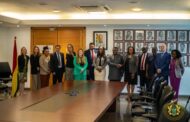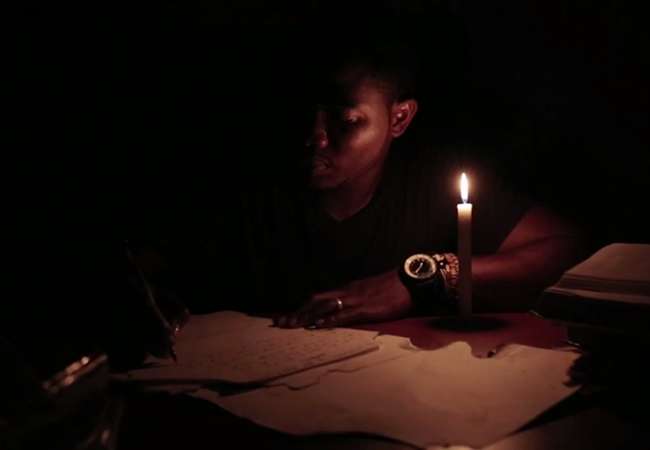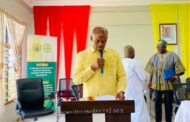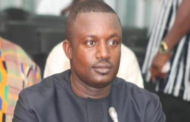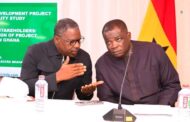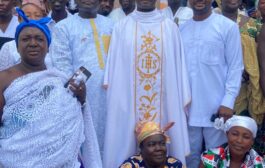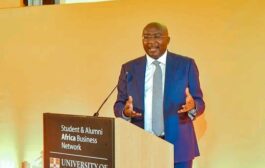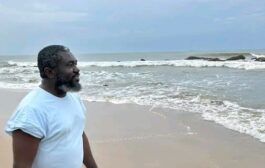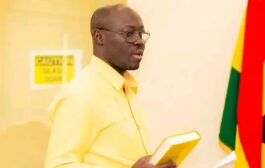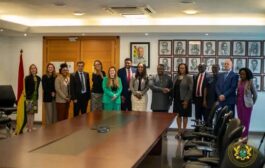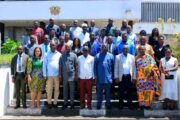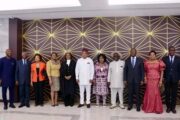FW de Klerk, the former president of South Africa and the last white person to lead the country, has died at the age of 85.
Mr de Klerk, who was also a key figure in the nation’s transition to democracy, had been diagnosed with cancer this year, a spokesman said.
He was head of state between September 1989 and May 1994.
In 1990 he announced he was releasing anti-apartheid leader Nelson Mandela, leading to multi-party polls in 1994.
Mr de Klerk shared the Nobel Peace Prize with Mr Mandela for helping to negotiate an end to apartheid. But he has been a divisive figure in South Africa.
A statement from the former president’s FW de Klerk Foundation on Thursday said that he died peacefully at his home in Cape Town following his struggle against mesothelioma cancer.
The foundation had announced the diagnosis – a cancer that affects the lining of the lungs – in June.
Mr de Klerk is survived by his wife Elita, his children Jan and Susan and his grandchildren, the statement said.
The former president was born in March 1936 in Johannesburg, into a line of Afrikaner politicians.
He worked as a lawyer and served in a series of ministerial posts before taking over from PW Botha as the head of the National Party in February 1989.
In a famous speech to parliament the following year, he announced that he was removing the ban on parties that included Mr Mandela’s African National Congress (ANC).
He also announced that Mr Mandela would be released from prison after 27 years.
His actions helped bring an end to apartheid-era South Africa, and he became one of the country’s two deputy presidents after the multi-party elections in 1994 that saw Mr Mandela become president.
He retired from politics in 1997 saying: “I am resigning because I am convinced it is in the best interest of the party and the country.”
Although the relationship between Mr de Klerk and Mr Mandela was often punctuated by bitter disagreements, the new president described the man he succeeded as someone of great integrity.
However, many black South Africans have blamed him for failing to curb violence during his time in power.
Last year, he became embroiled in a row in which he was accused of playing down the seriousness of apartheid. He later apologised for “quibbling” over the matter.
Source: BBC



